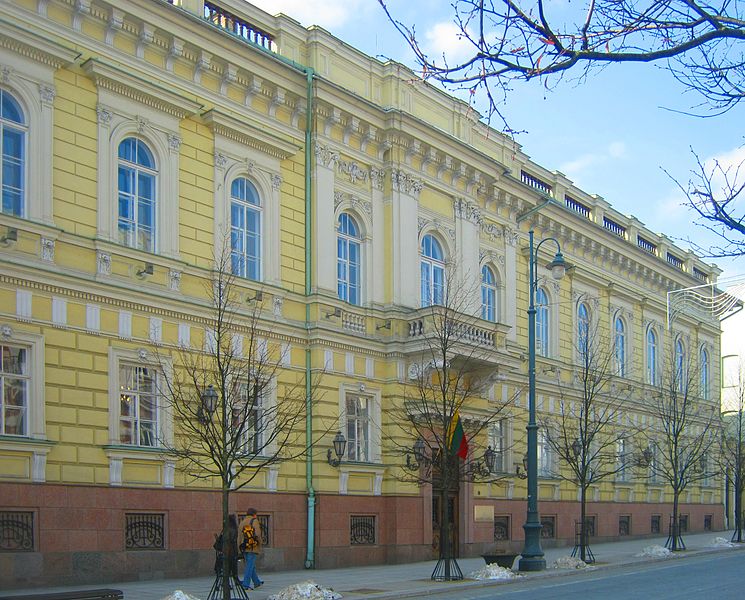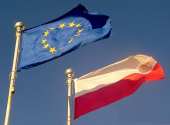
The Lithuanian government recently approved a raise in the minimum monthly wage to 924 euros, a decision that has drawn criticism from economist Justas Mundeikis,
who argues that the increase falls short of what is needed.
On June 28, after negotiations with employer representatives and trade unions, the government agreed to elevate the minimum wage from 840 to 924 euros per month (pre-tax) starting in 2024.
Mundeikis told LRT RADIO on Monday, "As early as last year, we calculated that the minimum wage should have been set at 885 euros, not 840 euros. Unfortunately, due to economic uncertainties and the ongoing conflict, a specific target was not established."
He further stated, "Based on preliminary calculations, the minimum wage for the coming year should ideally be between 970 and 990 euros, rather than the agreed 924 euros."
Mundeikis emphasizes that the impact of this decision extends beyond those directly earning the minimum wage. The lower minimum wage affects individuals earning up to 1,500 euros per month, and it could impede the nation's economic recovery.
"The most significant repercussions are felt by those receiving the minimum wage or salaries in close proximity to it. However, the diminishing effect continues to affect individuals earning up to the median income," Mundeikis explained. "In Lithuania, the median wage was approximately 1,500 euros as of last November."
He added, "A lower minimum wage also has implications for higher-income earners, reducing their purchasing power and creditworthiness. This will result in a real purchasing power significantly lower than what it should be, ultimately hindering economic recovery."
The Social Insurance Fund SoDra reported last week that the average wage in Lithuania reached 1,980 euros per month (pre-tax) in the second quarter and exceeded 2,000 euros in June. Photo by Bearas, Wikimedia commons.








































